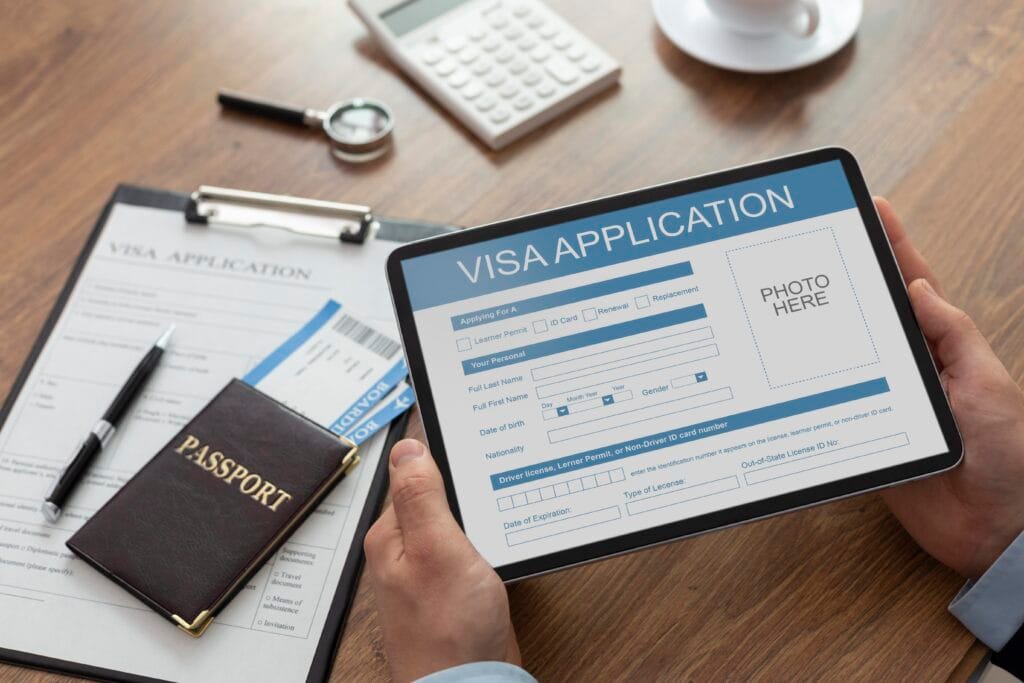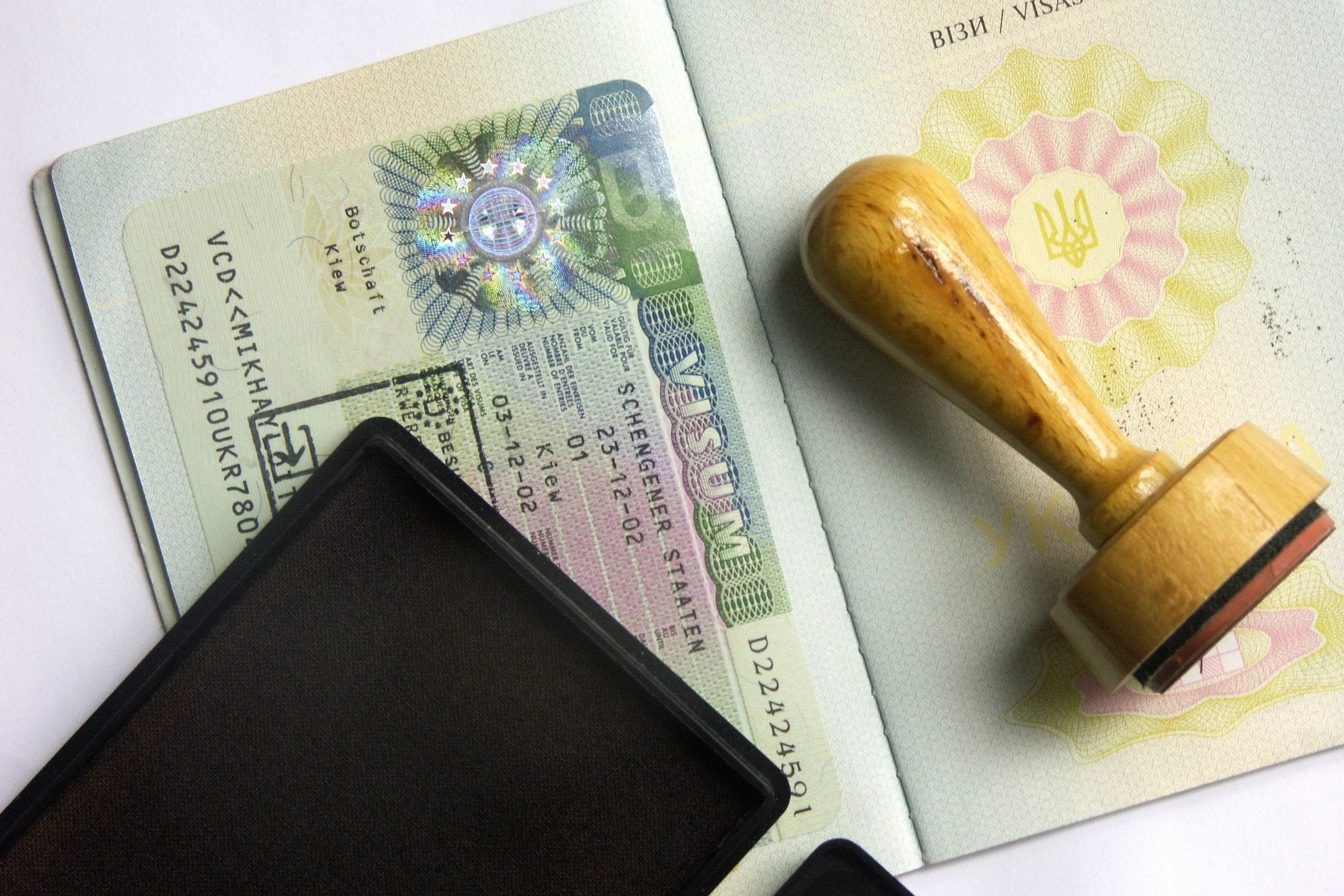The UAE has become one of the world’s most attractive destinations for expats seeking career opportunities, thanks to its booming economy, diverse industries, and world-class infrastructure. However, before embarking on your professional journey in the Emirates, it’s crucial to understand the process of obtaining a work visa and residency permit. This guide will help you navigate the work visa process in the UAE, ensuring a smoother transition.
1. Types of UAE Work Visas
Expats planning to work in the UAE need both a work visa and a residency permit. The most common types of visas are:
- Employment Visa: Issued once you’ve secured a job offer from a company in the UAE. Your employer will sponsor and handle most of the visa application process.
- Free Zone Employment Visa: For those working in one of the UAE’s many free zones, which are areas with their own regulations. Companies in free zones sponsor visas, and processes may differ slightly from mainland visa applications.
- Green Visa: Introduced in 2021, this visa is targeted at freelancers, skilled workers, and investors, allowing them to work without company sponsorship.

2. Requirements for a UAE Work Visa
To secure a UAE work visa, the following general requirements must be met:
- Job Offer: You must have a formal job offer from a UAE-based employer.
- Employer Sponsorship: Your employer will serve as your sponsor, handling much of the paperwork on your behalf.
- Medical Fitness: You’ll need to pass a medical examination, including tests for communicable diseases like HIV and tuberculosis.
- Background Checks: In some cases, background checks for criminal records may be necessary, depending on your employer or visa type.
- Qualifications: For certain professional roles, you may need to provide proof of qualifications (such as degrees or certifications), attested by authorities in your home country and the UAE.
3. Step-by-Step Visa Process
Here’s how the process typically works:
Step 1: Job Offer and Employment Contract Once you receive a job offer, the employer will issue a formal contract. This is the foundation for your visa application.
Step 2: Entry Permit (eVisa) Your employer will apply for an entry permit, also known as an eVisa, which allows you to enter the UAE legally to start the visa process. This is valid for 60 days.
Step 3: Medical Examination Upon arrival in the UAE, you’ll need to undergo a mandatory medical examination. You’ll be tested for communicable diseases such as tuberculosis, HIV, and Hepatitis.
Step 4: Emirates ID Application Simultaneously, your employer will help you apply for an Emirates ID, a mandatory identification card for all residents. You’ll need to visit a service center to provide your biometrics (fingerprints, photo, etc.).
Step 5: Work Permit and Residency Visa Once your medical test is cleared, your employer will submit your application to the Ministry of Human Resources and Emiratisation (MOHRE) for a work permit. After receiving the permit, your employer will apply for your residency visa, which is stamped in your passport.
Step 6: Emirates ID Collection Finally, once the visa process is complete, you’ll receive your Emirates ID, officially marking your status as a legal UAE resident.

4. Costs Associated with UAE Work Visas
While much of the visa cost is typically covered by your employer, it’s good to be aware of the general fees:
- Medical Examination: Around AED 300-600, depending on the urgency of processing.
- Emirates ID: Fees depend on the visa’s duration, generally ranging from AED 100-300 per year.
- Visa Stamping: This fee also depends on the length of the visa (e.g., AED 1000+ for a three-year visa).
Most employers cover these costs, but it’s important to confirm this in your employment contract.
5. Green Visa: A New Option for Skilled Workers and Freelancers
The introduction of the Green Visa has created new opportunities for skilled workers and freelancers looking to establish themselves in the UAE without requiring a traditional employer sponsor. This visa is renewable every five years and allows you to sponsor family members as well.
Eligibility for Green Visa:
- Highly skilled workers
- Freelancers and self-employed individuals
- Investors and partners in a business
The Green Visa offers greater flexibility and is part of the UAE’s efforts to attract talent and investment to its growing economy.
6. Important Considerations for Expats
- Work Permits vs. Residency Visas: Remember that your work permit allows you to work legally in the UAE, while your residency visa allows you to reside in the country. Both are necessary.
- Visa Duration: Employment visas typically last for two to three years, depending on the employer’s preference or the free zone regulations.
- Switching Employers: If you switch jobs, your new employer will need to transfer your sponsorship and apply for a new work permit and visa.
- Family Sponsorship: Once you obtain a residency visa, you can sponsor your spouse and children, provided you meet the minimum salary requirements.

7. Common Challenges and How to Overcome Them
While the UAE’s visa system is streamlined, there are some challenges expats may face:
- Delays in Processing: It’s common for visa processing to take several weeks. Stay in close contact with your employer and regularly follow up on your application.
- Document Attestation: Some documents, especially educational qualifications, must be attested in both your home country and the UAE. This process can be time-consuming, so start early.
- Understanding Your Contract: Make sure you fully understand your employment contract, including visa-related clauses, to avoid surprises down the road.
8. Conclusion
Navigating work visas and permits in the UAE is a critical step for expats looking to start their careers in the region. While the process may seem daunting at first, with the right employer and preparation, it can be relatively straightforward. Ensure you have all your documents in order, understand the associated costs, and stay informed about the latest visa policies, such as the introduction of the Green Visa.
By taking the necessary steps early on, you’ll be well on your way to launching a successful career in the UAE!

